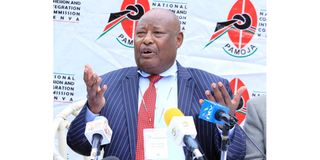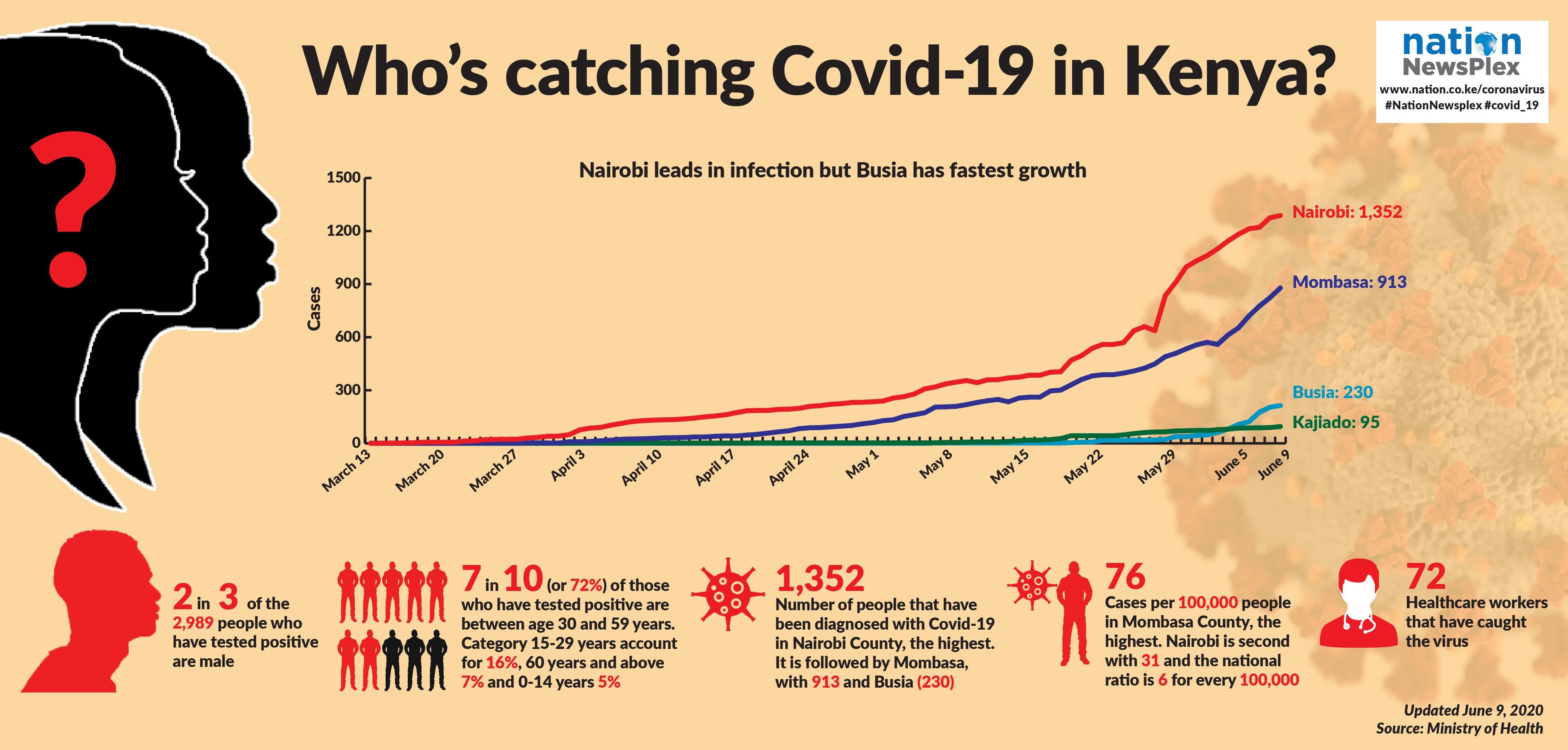NCIC chair didn't say insult was hate speech

National Cohesion and Integration Commission (NCIC) Chairman Francis Ole Kaparo addresses the media on May 17, 2017 where he warned politicians of their actions. PHOTO | JEFF ANGOTE | NATION MEDIA GROUP
Is an insult the same as hate speech?
“…I have seen my friend Francis ole Kaparo… I’m telling my brother Francis Ole Kaparo not to fall into Jubilee’s trap and threaten social media… I, Kalonzo, if somebody calls me a dog, am I a dog? But for Kaparo that’s hate speech… In politics, at a time like this, when you are dealing with high emotions, on the very important matter of electing the top leadership of this country. Please do not threaten Kenyans that they are doing hate speech, you’ll switch off the internet, you'll do wonders, and you’ll close groups… The NCIC cannot play with free media…”
Nasa co-principal Kalonzo Musyoka at a Nasa Rally in Kibera on July 18
During a rally in Kibera, the National Super Alliance (Nasa) co-principal Kalonzo Musyoka claimed that if someone called him a dog, National Cohesion and Integration Commission (NCIC) Chairman Francis Ole Kaparo would call that hate speech.
Mr Musyoka was reacting to an announcement by the NCIC that it would hunt down perpetrators of hate speech on social media, and questioned Mr Kaparo’s definition of hate speech.
Newsplex contacted Mr Kaparo seeking clarification on Mr Musyoka’s statement. He said: “He is right and wrong. He is right that calling somebody a dog is not hate speech. He is wrong to imagine I think its hate speech. I made that clarification ages ago.”
The NCIC was developed through the implementation of an Act of Parliament in 2008, to encourage national cohesion by outlawing discrimination on ethnic grounds.
In a meeting organised by The Kenya Private Sector Alliance (Kepsa) on July 17, 2017, NCIC Chair Francis ole Kaparo had warned they would be monitoring any cases of hate speech on social media.
He had also warned of the possibility of shutting down social media “if it would be necessary”. However, Mr Francis Wangusi, the Director General of the Communications Authority of Kenya (CA) said the internet would remain open, but urged citizens to be responsible.
ETHNIC HATRED
NCIC and the CA published a statement in newspapers in July 28, 2017, stating that “Any person contravening Section 13 of the NCIC Act 2008 is liable to a fine of one million or imprisonment of three years, while Section 62 offences of ethnic contempt or racial discrimination, one is liable to a fine of one million or imprisonment of five years or both.”
Under Section 13 of the NCIC Act 2008, a person is said to have committed hate speech when he/she, uses abusive or insulting words or behaviour with the intend of stirring up ethnic hatred, or having regard to all the circumstances, ethnic hatred is likely to be stirred up.
In March 2017, Mr Kaparo, during training for cohesion monitors, said that not all abusive statements by politicians are defined as hate speech since they are directed at individuals and not at a community. This was reported by The Star on March 15, 2017.
“When someone calls Kaparo a fool, it might be true, but when someone says Kaparo and all Maasais are fools then that’s hate speech and we won’t accept that.” He said this days after a section of opposition leaders termed President Kenyatta’s outburst towards Turkana Governor Josephat Nanok as hate speech.
Newsplex contacted Mr Nzamba Kitonga, a lawyer and former chairman of the Constitutional Review Committee of Experts, on what statement qualifies as hate speech.
“There is need to draw a line between an insult and hate speech. An abusive statement qualifies to be hate speech if it incites communities against each other.”
With the aim of the NCIC being that of addressing any discrimination of the basis of ethnicity or race, an insult such as the one mentioned by Mr Kalonzo would be viewed only as hate speech if it was aimed to serve a purpose of stirring ethnic or racial hatred. Otherwise, it qualifies as mere insult, not hate speech.
The Nasa co-principal was however wrong to imply that Mr Kaparo believes that an insult amounts to hate speech.






